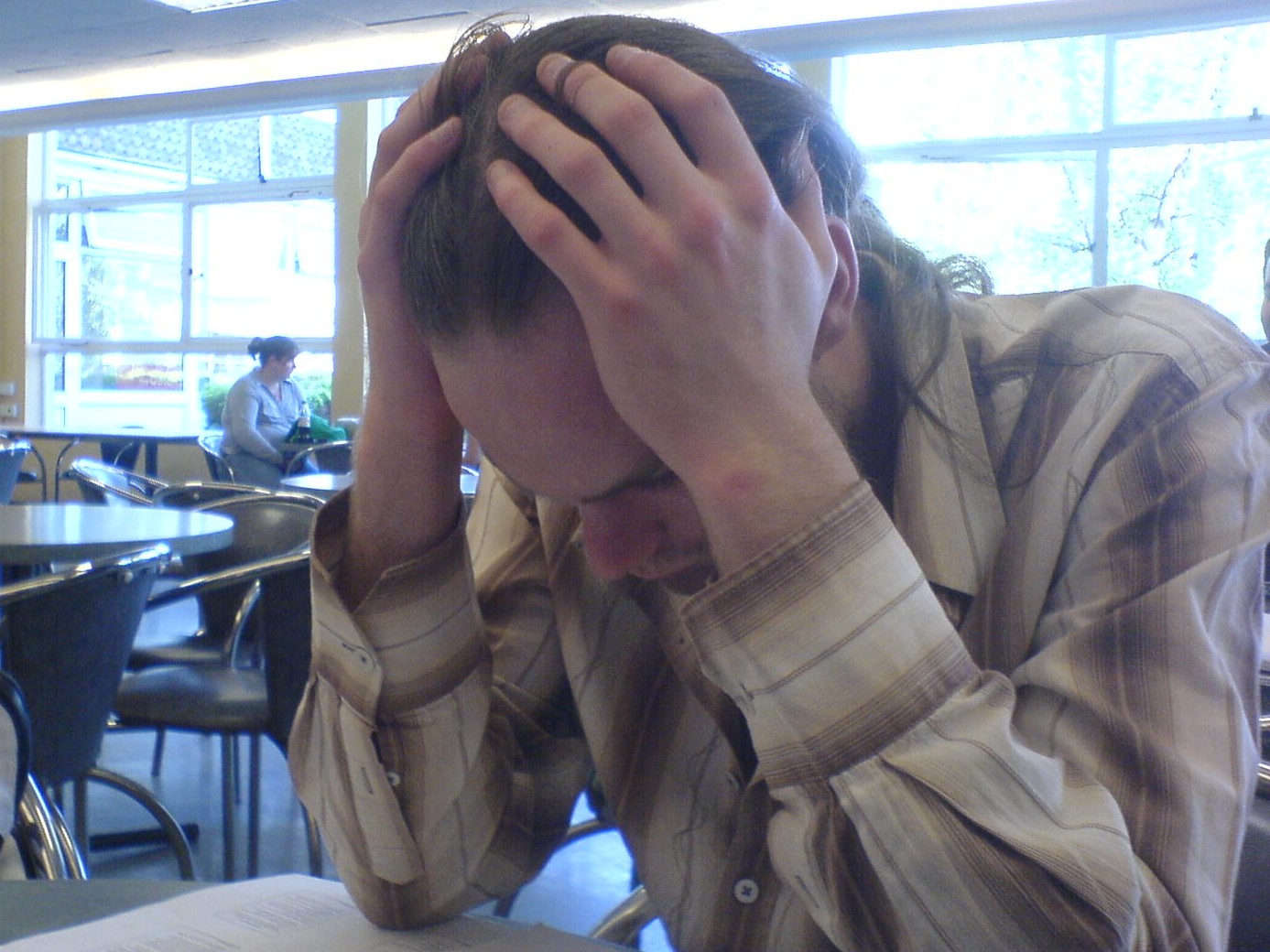Yesterday I outlined my concern that standardized tests have taken on outsized importance in our schools. Today let me share some thoughts on what we might do about it.
Much of the standardized testing done in the schools, including the PSSAs and Keystone exams, are required by state mandates. The state even dictates such things as when these tests are given, how they are administered, and what is done with the results. The state legislature is thus an obvious place to start in addressing the problem of too much standardized testing. Write, email, or– better yet– meet personally with Justin Simmons, Ryan McKenzie, Lisa Boscola, and Pat Browne, who represent our community in Harrisburg, and urge them to fix the problem. Find out about candidates for state offices in the next election, and vote for those candidates who understand the problem and make a priority of solving it.
State mandates surrounding standardized tests are a chief obstacle to reform, but they aren’t the only source of the problem. There are a number of things we can do right now, in our own schools, to lessen the negative impact these tests are having on the classroom.
Here are five places to start:
1. Stop spending class time on test prep
The state requires we administer several standardized tests, but it does not require that we devote even more time to preparing for the exams, giving sample exams, holding school assemblies focused on the exams (yes, that happens here), and so forth. District administration has the power to prohibit these kinds of teaching to the test, and doing so would limit the degree to which the tests are creeping into all aspects of the classroom.
2. Commit to teachers that they won’t be judged by student test scores
One of the concerns I’ve heard from those who object to resisting the standardized testing juggernaut is that we must take them seriously because the state formula for judging teachers and schools uses those test results. While it is true that the state formula for teacher evaluation, known as PVAAS, and the state formula for school evaluation, known as the Future Ready PA Index, both incorporate standardized test results, these scores only have as much impact as we allow them. I don’t know of a single case of a teacher, anywhere in the state, losing their job as a result of their PVAAS score. These scores play no role in either teacher salaries or raises. And district administration can assure teachers that these scores will not be used in local assessments, and have the power to keep that promise. Do you remember that old comedy series “Whose Line is it Anyway?” The comedians got points for their performances, but the points didn’t actually mean anything. There is nothing stopping our district administration from treating state-mandated PVAAS and Future Ready PA Index scores the same way.
3. Stop telling students they must pass the Keystone exams to graduate (they don’t)
Our students (and parents) regularly hear the message from teachers and administrators in the district that they are required to pass the Keystone exams in order to graduate. This message is, at best, misleading. District administration should ensure that students and parents stop receiving this information, which needlessly raises anxiety and gives oversized focus to these standardized tests. Passing the Keystone exams is NOT a graduation requirement of the East Penn School District. And while its true that the state has passed legislation that may require passing these exams in the future (maybe in 2023), it’s not at all clear the rule will ever be adopted, and in any case there are already good alternatives even if such a requirement did eventually come into effect.
4. Stop requiring Keystone exam retakes
The district currently requires students who fail Keystone standardized tests to retake them after getting remedial instruction designed to improve their test scores. The district must offer such retakes, but district administration could end the practice of requiring it. Doing so would stop many students from being pulled out of classes for standardized test retakes, or put into classes focused on test remediation rather than educational content and experiences that might not be directly related to the Keystone exams.
5. Stop shaping curriculum, courses, and schedules around standardized tests
I’ve saved my biggest concern for last. Too many educational decisions are being made in our district on the basis of standardized test results. I’ve participated in many curricular discussions of the school board in which improving standardized test scores is the primary argument made for adopting different high school courses, hiring new teachers, revising curriculum, and purchasing new materials. They are not the only argument for such changes to be sure, but they are often the most important one. We can do better than this. There are a wide variety of ways we can measure educational progress and results. We do not need to rely so heavily on state-mandated standardized tests that our district has no role in developing and in many cases don’t reflect what our educational professionals know is most important content for learners in areas like biology, language arts, and math. We should therefore stop the practice of using them to make local educational decisions.
Each of these are concrete, practical steps our district can take right now to address the problem of standardized testing. They don’t require waiting for Harrisburg to act. But I don’t pretend to have all the answers either. I know some of these steps are themselves more complicated than they first appear. And I suspect others will have further suggestions of their own. Please share them in the comments below!
